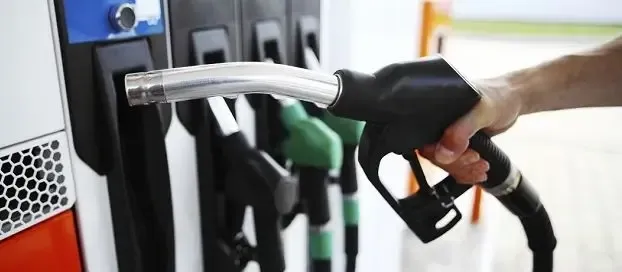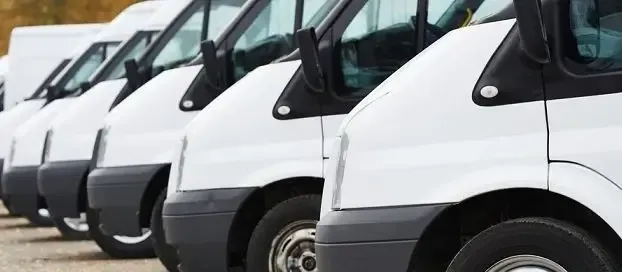As companies weigh up different options for covering and managing the costs of fuel for their drivers, one of the considerations should be how tax liability is affected. When selecting a fuel card for your business you must carefully consider the tax implications, in this article we take a look at:
- Tax implications for businesses
- Tax implications for individuals
- VAT

Fuel cards like fuelGenie work in a very simple and effective way. The company can order a free fuelGenie card for each driver who needs to drive as part of their work. These fuel cards are then presented as payment whenever the driver visits an approved petrol filling station. In the case of fuelGenie, drivers can purchase fuel at more than 1,370 Tesco, Morrisons and Sainsbury’s petrol stations across the UK.
Payment is charged to the card, then later repaid by the company – effectively providing a form of credit and removing the need for the employees themselves to pay for fuel and claim expenses later. This reduces the administrative burden of dealing with expense claims.
It is worth bearing in mind that paying for fuel in this way may have tax implications, depending on how it is approached and administered.
Please note that the following information is for general information purposes only and does not constitute legal, financial or tax advice.
Tax implications for businesses
Giving fuel cards to employees counts as a taxable benefit if and only if they also use it to pay for private fuel use, including journeys to and from work.
If this is the case, the employer becomes liable for National Insurance contributions (at 13.8%) and must pay these on the value of the fuel benefit being provided. There are reporting obligations on employers to tell HMRC about any fuel for personal use (as well as about any company vehicles made available for personal use).
Is there a way to avoid these tax and reporting obligations?
Yes, in a word. Employees should only use their fuel cards to pay for work-related travel or, if they do use it for private fuel, pay back those costs to the company.
That way, no tax obligation is created because no taxable benefit has been provided.
Tax implications for individuals
When employees use a fuel card (in effect, company funds) to pay for private fuel, that also makes the individuals liable to pay tax to HMRC, in the form of a fuel benefit charge.
This tax is based on a number of factors, including fuel type and level of CO2 emissions. Often these charges can be significant, particularly for diesel cars.
Is there a way to avoid these tax and reporting obligations?
Once again, the way to prevent this tax liability is for employees to only use their fuel cards to pay for fuel on work-related journeys.
If they do use them for non-work travel, then they can reimburse the company for the value of that private fuel, in order to avoid being hit with a tax bill.
A word about VAT
Value-added tax (VAT) is always due on fuel, regardless of the means used to pay for it. One key advantage of using the fuelGenie fuel card is that all transactions are combined into a single, HMRC-approved invoice that makes VAT reporting smooth and painless.
Only VAT paid on fuel used for business-related travel can be reclaimed, so once again it is advisable to ensure that fuel cards are not used to cover employees’ private and personal journeys, in order to be able to claim back 100% of VAT paid.


